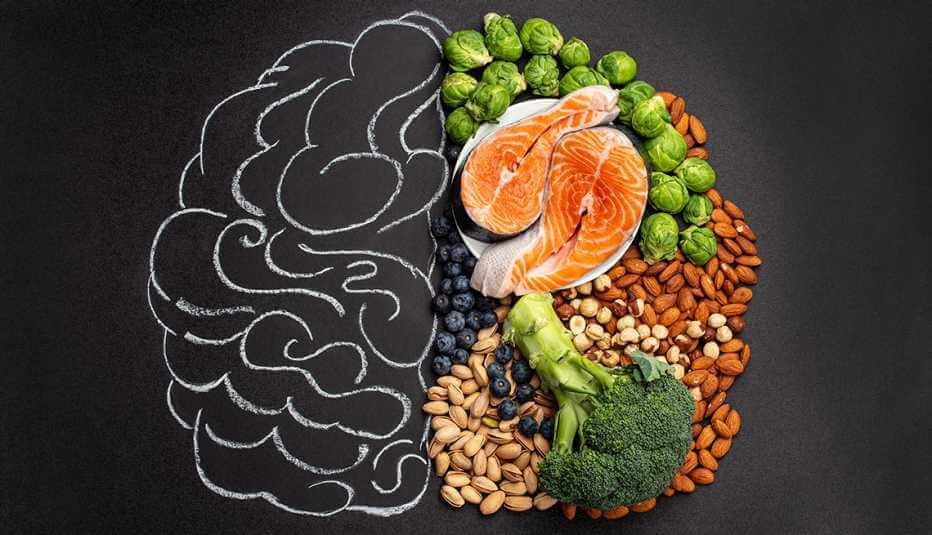
In 2004, a team of researchers at Rush University Medical Center enlisted a group of older adults who were participating in the ongoing Rush Memory and Aging Project (MAP) for a spin-off study. MAP began in 1997 with the goal of pinpointing the factors associated with memory loss in older adults, with an emphasis on Alzheimer’s Disease, the most common type of dementia. Researchers now wanted to zero in on diet; specifically, the effects of certain foods and nutrients as a preventive measure against Alzheimer’s.
Using past research, they developed a MIND diet score partially based on the Mediterranean and DASH (dietary approaches to stop hypertension) diets, both of which have been shown to benefit brain health. For nine years, participants agreed to keep track of what they ate and then fill out a dietary questionnaire at an annual cognitive assessment. At the end of that period, researchers found that participants with the highest MIND diet scores had a significantly slower rate of cognitive decline compared with those who had the lowest scores.
Those initial findings, which were published in Alzheimer’s & Dementia: The Journal of the Alzheimer’s Association, provided the basis for the Mediterranean-DASH Intervention for Neurodegenerative Delay (MIND) diet.
What foods are allowed on the MIND diet?
Like the Mediterranean and DASH diets, the MIND eating plan is made up of plant-based foods and limits the intake of foods high in saturated fat. Unlike these diets, though, MIND specifies 10 “brain healthy” food groups to eat — among them, vegetables, berries, olive oil, nuts, whole grains and beans — and five unhealthy foods to limit (red meat, fast fried foods, pastries, cheese and other sweets).
To learn more about the MIND diet, and its many health benefits, from AARP, CLICK HERE.

